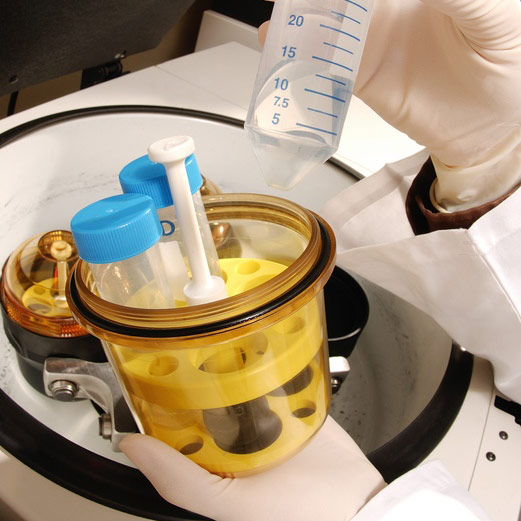FRIDAY, Feb. 24, 2017 (HealthDay News) — Hoping to lessen their misery, most people would like to know whether the respiratory illness they’ve got could be helped by an antibiotic.
The key to finding out may lie in your nose. Or, more specifically, the mucus in your nose.
Researchers from Duke Health in Durham, N.C., said they’ve identified a group of proteins that could be used to tell if an infection is caused by a virus, which triggers cold or flu.
Antibiotics can only fight bacterial infections, not viral illnesses.
When detected in specific quantities in the mucus of runny noses and inflamed throats, the proteins targeted in the new study were 86 percent accurate in confirming a viral infection, the scientists said.
“In the past, science has focused on identifying the pathogen someone is infected with in the blood or other sample,” said study lead author Thomas Burke. He’s director of technology advancement and diagnostics at Duke.
“Our approach flips the paradigm of how we look for infection. Instead of looking for the pathogen, we study the individual’s response to that pathogen,” Burke said in a health system news release.
For the trial, the researchers infected 88 healthy adults with a common strain of cold or flu virus. They also collected fluid samples from the volunteers’ nasal passages.
Some participants didn’t get sick, but those who did had a distinct set of 25 proteins in their noses, the study showed.
The researchers said their findings could lead to quick, noninvasive tests for upper respiratory infections that could be easily done in a doctor’s office.
Senior author Dr. Geoffrey Ginsburg is director of the Duke Center for Applied Genomics & Precision Medicine. “Every day, people are taking time off from work, going to emergency rooms, urgent care or their primary care doctors with symptoms of an upper respiratory infection,” he said.
“Looking for these proteins could be a relatively easy and inexpensive way of learning if a person has a viral infection, and if not, whether the use of antibiotics is appropriate,” Ginsburg said.
Being able to quickly diagnose a viral infection could help limit the unnecessary use of antibiotics, helping to prevent the rise of antibiotic resistance, the researchers said.
Easier, cheaper tools to diagnose viral infections could also benefit those people with reduced access to health care, the researchers added.
“The protein targets offer a faster, more cost-effective model for rapid screening and diagnoses of viral infections,” said Dr. Christopher Woods, a senior author of the study. He’s associate director of applied genomics.
“If the data are verified, the model could be valuable in many circumstances, such as rural settings or developing countries with less convenient access to health care, or even as an airport screening tool during an outbreak of a particularly threatening strain of flu,” Woods said.
The study was published recently in EBioMedicine.
More information
The U.S. National Library of Medicine provides more information on viral infections.
Copyright © 2024 HealthDay. All rights reserved.

